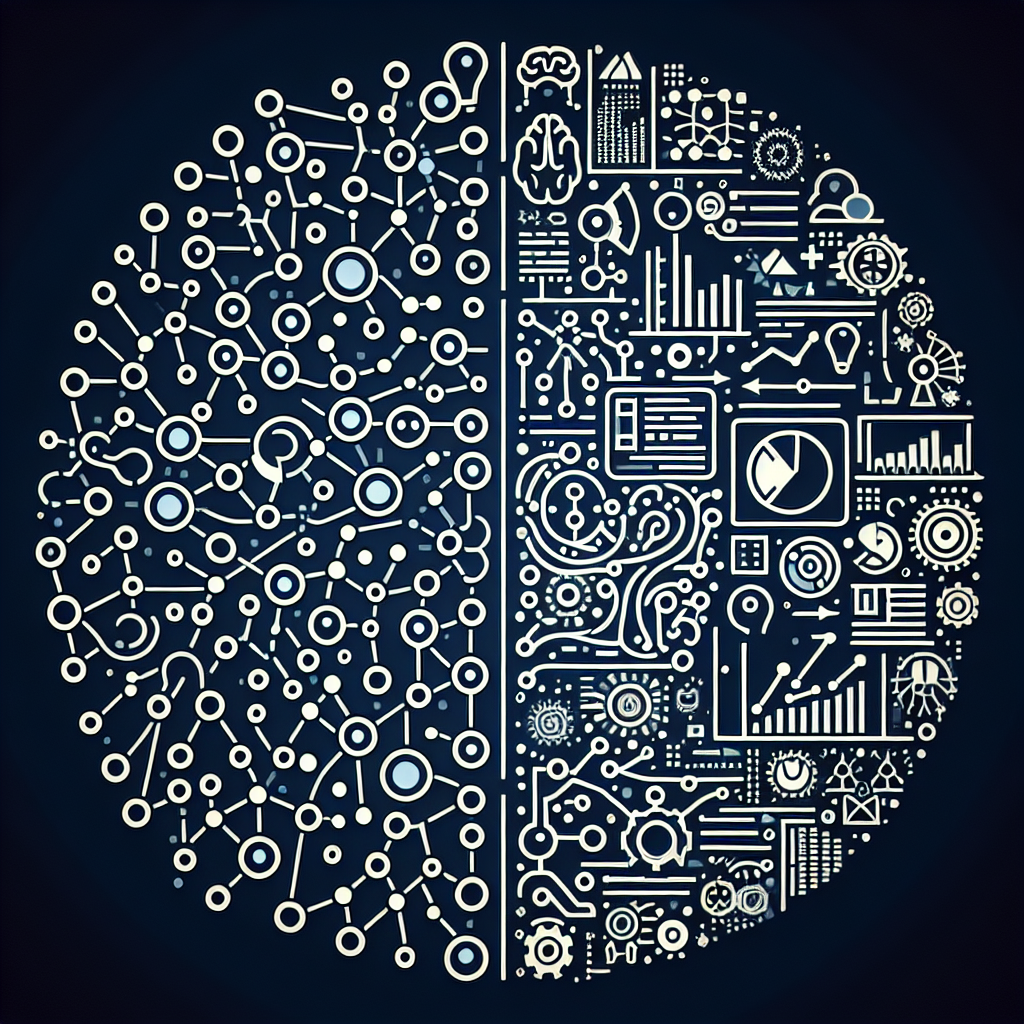In today’s fast-paced business environment, data is king. Every day, organizations generate vast amounts of data through customer interactions, transactions, and operations. Business intelligence (BI) is crucial for businesses to make sense of this data and drive informed decision-making. Artificial Intelligence (AI) has the potential to revolutionize the field of business intelligence by providing advanced analytics and insights that were previously impossible to obtain.
AI is the simulation of human intelligence processes by machines, including learning, reasoning, and self-correction. In the context of BI, AI can be used to analyze large datasets, identify patterns and trends, and make predictions based on historical data. By leveraging AI in BI, organizations can gain a competitive edge by making data-driven decisions quickly and efficiently.
Unleashing the power of AI in business intelligence requires a strategic approach and investment in the right technology and talent. Here are some key ways in which AI can transform BI:
1. Advanced Analytics: AI-powered algorithms can analyze large datasets quickly and accurately to identify patterns and trends that human analysts may miss. This can help organizations uncover valuable insights and make better decisions based on data-driven evidence.
2. Predictive Analytics: AI can be used to build predictive models that forecast future trends and outcomes based on historical data. By leveraging AI in predictive analytics, organizations can anticipate customer behavior, market trends, and other variables that impact their business.
3. Natural Language Processing (NLP): AI technologies such as NLP can process and analyze unstructured data, such as text and speech, to extract valuable insights. NLP can be used to analyze customer feedback, social media posts, and other text data to understand customer sentiment and preferences.
4. Machine Learning: Machine learning is a subset of AI that enables machines to learn from data and improve their performance over time. In BI, machine learning algorithms can be used to automate data analysis, detect anomalies, and make data-driven recommendations.
5. Data Visualization: AI-powered data visualization tools can transform complex datasets into interactive visualizations that are easy to understand and interpret. This can help business users explore data, identify trends, and communicate insights effectively.
6. Automation: AI can automate repetitive tasks in BI, such as data preparation, report generation, and dashboard creation. This can save time and resources, allowing analysts to focus on higher-value tasks such as data analysis and strategy development.
7. Personalization: AI can be used to deliver personalized insights and recommendations to individual users based on their preferences and behavior. This can help organizations tailor their BI solutions to meet the specific needs of each user and drive better decision-making.
FAQs:
Q: How can AI improve data quality in business intelligence?
A: AI can be used to automate data cleansing and normalization processes, identify and correct errors in datasets, and ensure data consistency and accuracy. By leveraging AI in data quality management, organizations can trust the integrity of their data and make informed decisions based on reliable information.
Q: What are the challenges of implementing AI in business intelligence?
A: Implementing AI in BI requires significant investment in technology, talent, and infrastructure. Organizations may also face challenges related to data privacy and security, ethical considerations, and regulatory compliance. Additionally, integrating AI into existing BI systems and workflows can be complex and time-consuming.
Q: How can organizations build AI capabilities in business intelligence?
A: Organizations can build AI capabilities in BI by investing in AI technologies, such as machine learning platforms, NLP tools, and data visualization software. They can also hire data scientists, AI experts, and BI analysts with expertise in AI. Collaborating with AI vendors and partners can also help organizations accelerate their AI initiatives in BI.
Q: How can AI-powered BI drive innovation and growth in organizations?
A: AI-powered BI can help organizations uncover new insights, identify emerging trends, and make data-driven decisions that drive innovation and growth. By leveraging AI in BI, organizations can gain a competitive edge, optimize business processes, and seize new opportunities in the market.
In conclusion, AI has the potential to unleash the power of business intelligence by providing advanced analytics, predictive insights, and personalized recommendations. Organizations that invest in AI technologies and talent can gain a competitive edge, drive innovation, and achieve growth in today’s data-driven business environment. By leveraging AI in BI, organizations can unlock the full potential of their data and make informed decisions that drive success.

